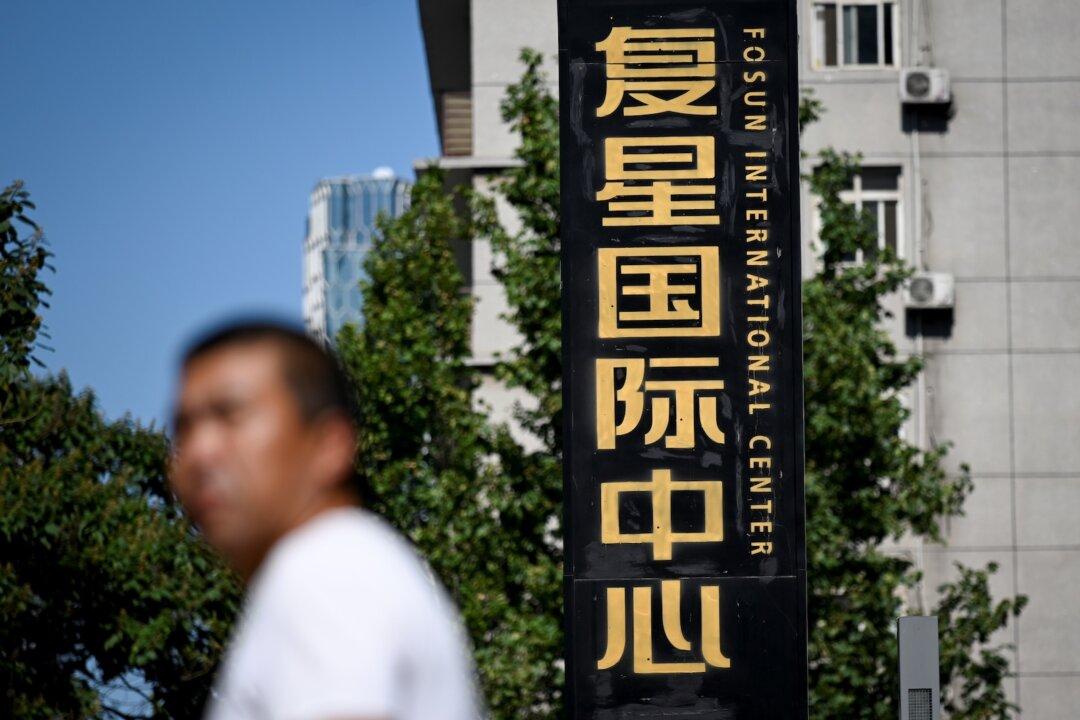The chief financial officer (CFO) of a Hong Kong-listed Chinese company, Babytree, has exposed his company’s alleged fraudulent IPO (initial public offering), and his alleged co-conspirator is an NYSE-listed Hong Kong financial institution. The firm has helped list dozens of Chinese companies in Hong Kong and U.S. stock exchanges.
On April 11, Babytree Group’s CFO Xu Chong alleged that several Fosun subsidiary companies, including Babytree, had faked their IPOs. Babytree, a Chinese mother-and-baby e-commerce and community platform, was listed on the Stock Exchange of Hong Kong (HKEX) on Nov. 27, 2018.




